Special Courses to Prepare for College
Abington High offers more courses than people realize
Kenneth C. Zirkel, fair use via Wikimedia Commons
Boyden Hall at Bridgewater State University on August 14, 2018. Dual Enrollment for Abington High School students is offered at BSU.
February 25, 2020
The closer a student gets toward high school graduation, the more they preview colleges that catch their eye. But, the transition from high school to higher education can be intimidating. It is not unusual for students to be concerned about how prepared they are to take on rigorous college classes.
Luckily, Abington High School has unique courses that give them a taste at what college is going to feature. These courses can be highly beneficial, but students first need to decide if they will be able to handle them.
The most prominent of these courses at Abington High School are Advanced Placement courses. Available in most core subjects, AP courses are a step above normal Level 1 courses. Expect to have homework that focuses on preparing for and extending assigned tasks. A good chunk of classwork is expected to be done outside of class. AP English classes feature an aggressive amount of reading.
Most AP courses have an end-of-year, timed, paper-and-pencil exam. Something new is that you can choose to take the exam. It used to be mandatory to take the exam. These exams are taken from May 5 to May 15. Each AP subject takes the exam on a different day. Each exam costs $94 to take, and payments are due to the guidance wing no later than April 1, 2020. Setting up a payment plan is recommended.
A few courses have different ways to assess what you have learned. For example, AP Art and Design students submit a portfolio of work for scoring.
To compensate for the huge burden AP classes bring, many colleges accept some AP scores for college credit and let you skip introductory courses. Colleges will also know that you have tackled college-level work. Best of all, these classes feature in-depth learning that could give you new insights and even put you on the path to a career. It is good to know which colleges grant credit for qualifying AP exam scores.
In addition to AP classes, high school students interested in taking advanced courses can enroll at Bridgewater State University if eligible for the Massachusetts Dual Enrollment Program. You need a GPA (grade point average) of at least 2.5 to be recommended. The main benefit of dual enrollment is that students get both high school and college credit at the same time.
Ms. Christina Park, one of Abington High’s guidance counselors, says, “To participate in the program, students have to be independent and successful. Most importantly, they should know how to manage time efficiently.” If you procrastinate often and have trouble getting work done on time, then dual enrollment may not appeal to you. Ask your guidance counselor for more information.
Finally, Abington High School students offers students in grades 10-12 the opportunity to take a course for credit through the “Virtual High School” (VHS). These courses expand the high school curriculum so that students can study in places that are not available to them at the high school. All instruction and interaction takes place over the Internet, through the VHS Learning website. Through VHS, high school students are able to take over 200 courses, including core, elective, and Advanced Placement courses.
Career exploration is a focus of discussion in many VHS Learning courses, helping students identify career paths that appeal to their interests and dreams. Therefore, unique elective courses, such as Preveterinary Medicine and Engineering for Sustainable Energy, are available for students to find and develop career interests.
VHS courses are worth 0.25, 0.5, or 1 credit. Depending on the course, they last from 4-35 weeks. To learn about the pricing and registration deadlines for each course, see the aforementioned VHS Learning website and your guidance counselor.
Also, a fourth option is available. Flexible Credit Recovery courses, which allow students to go at their own pace, might help some. Motivated learners can complete these courses in as little as four or eight weeks.
These four unique types of courses are meant to provide students with flexibility for their everyday schedule, as well as a clear vision of what they want to get out of their college experience. They also require students to make a serious commitment, so make sure to evaluate whether or not you are capable of taking a course before registering.
Beginning the week of March 3, current freshmen, sophomores, and juniors will be selecting next year’s courses. Be sure to ask your guidance counselor about these options.

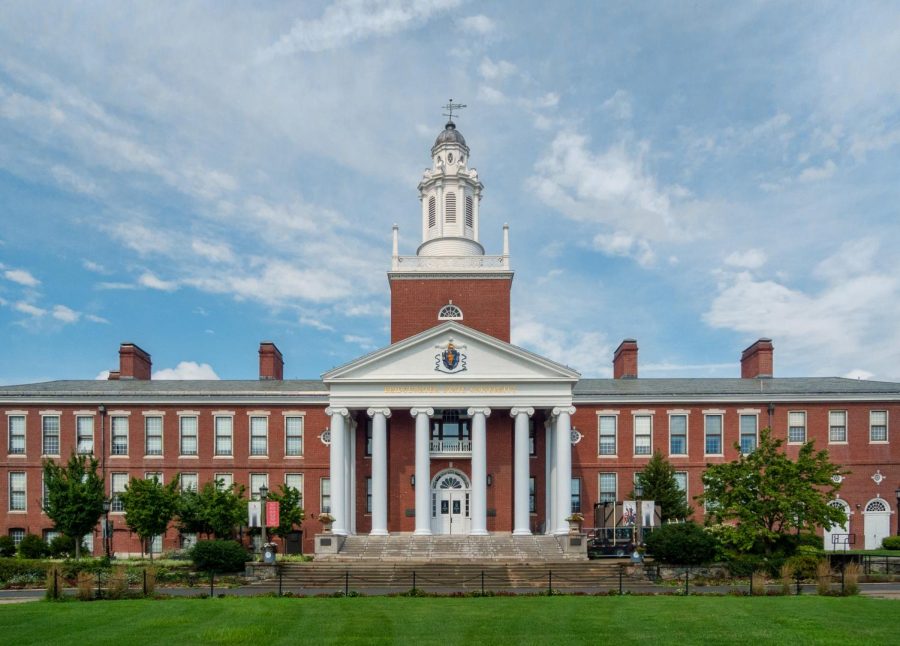

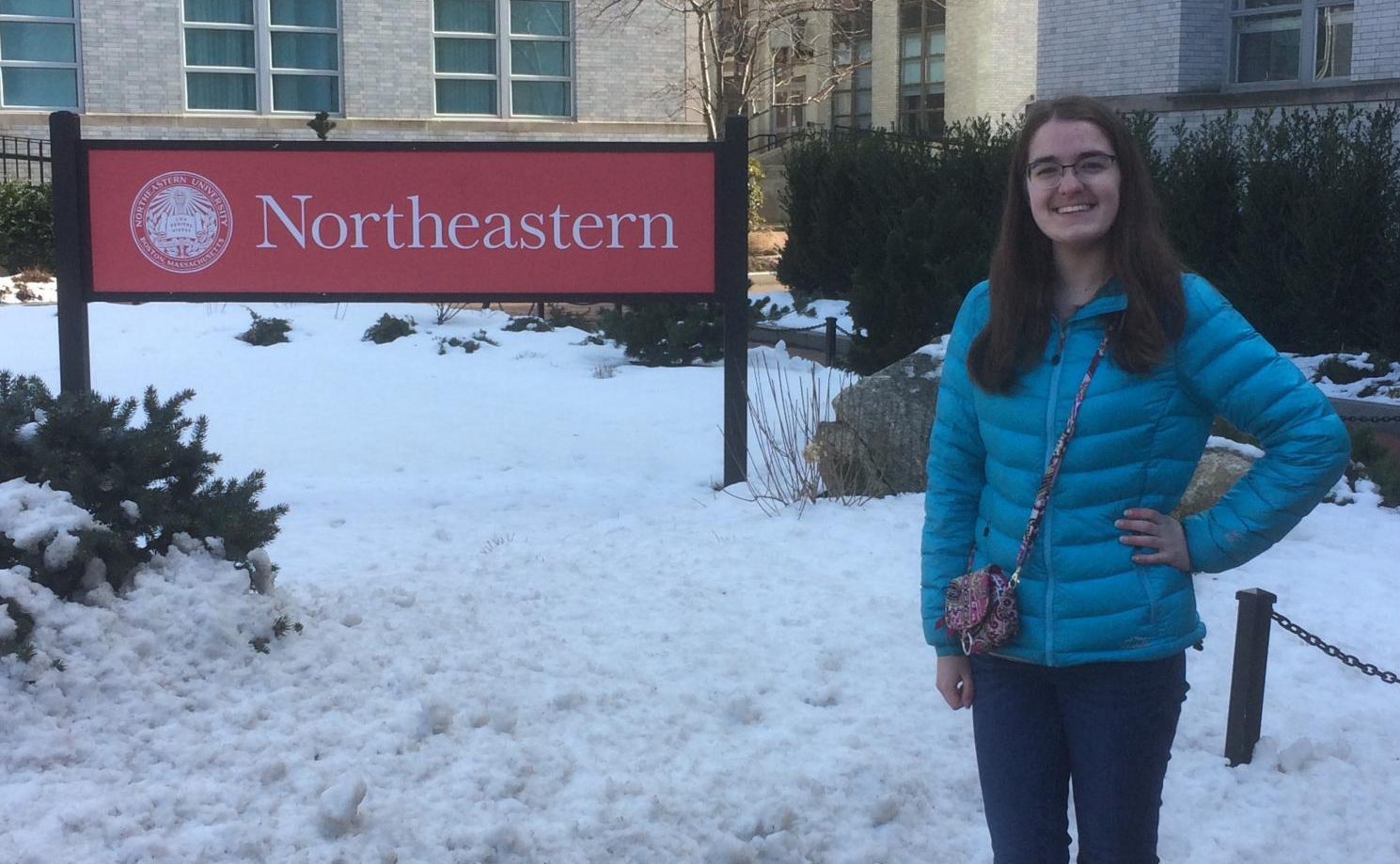

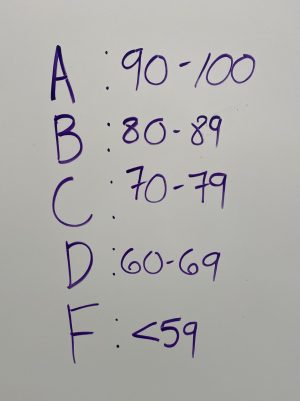


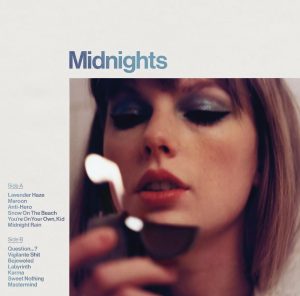
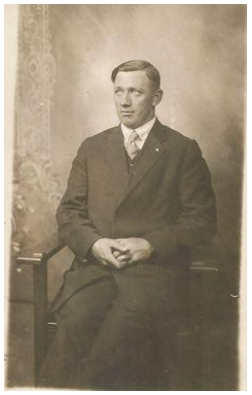

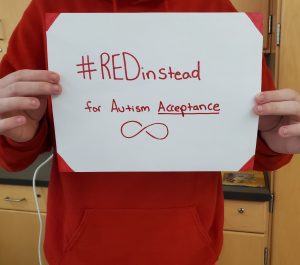

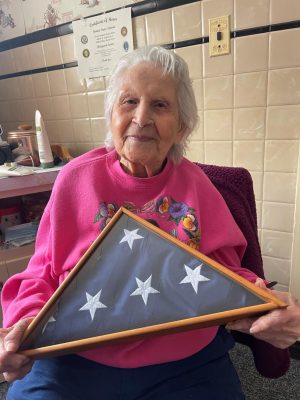
Judith Brooks • Feb 26, 2020 at 10:41 AM
Excellent article, so helpful for students to know that they have so many options available.
bBrookshwbrooks • Feb 25, 2020 at 6:21 PM
Very well researched and written.Excellent job James Mulkern.Very proud.
Elaine Brooks • Feb 25, 2020 at 6:07 PM
Great article! So many options for students!